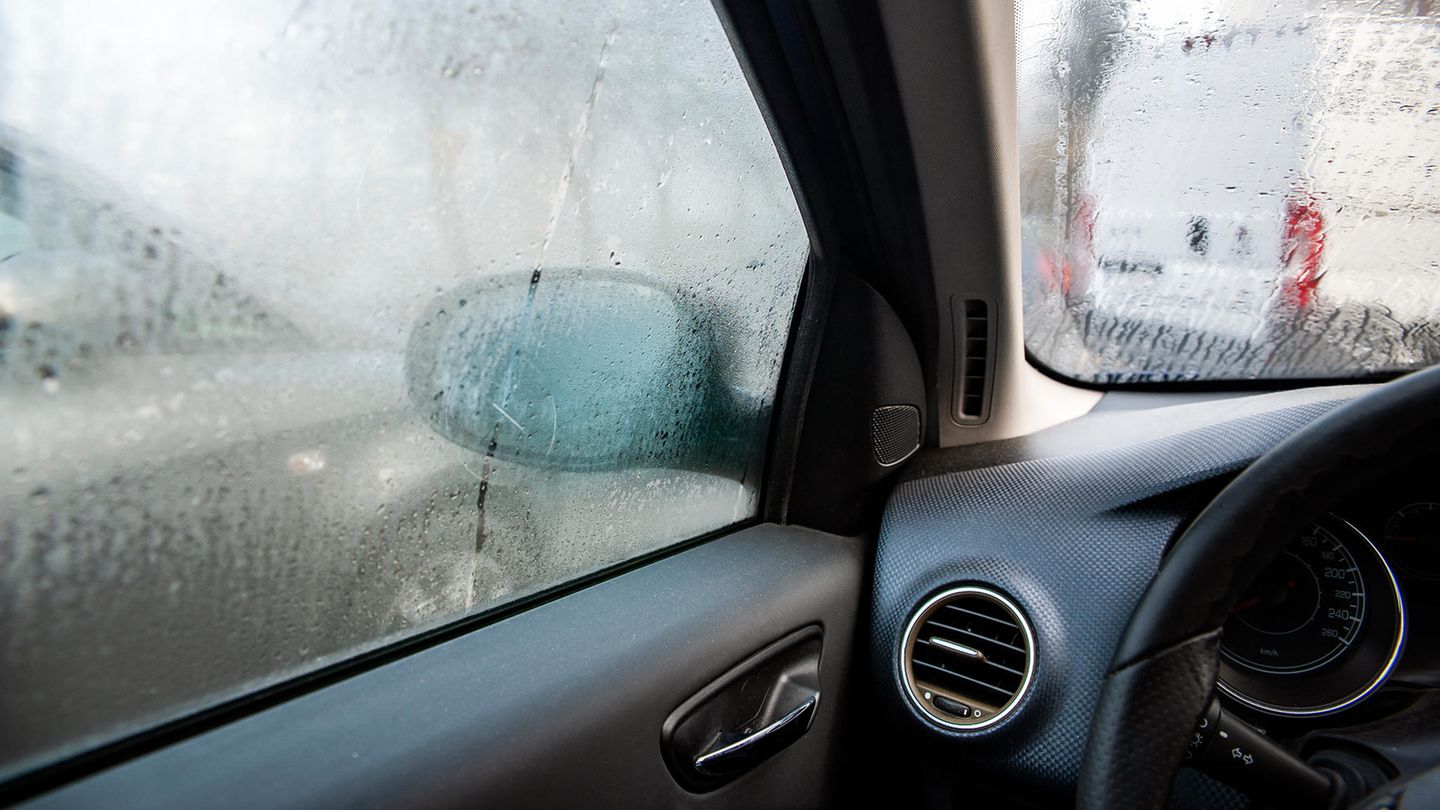“We have not yet received an answer,” a spokeswoman for the Unification Ministry said on Wednesday.
The communist leadership under ruler Kim Jong Un had already admitted last week that the state was experiencing the “most serious emergency”. The problem: In the impoverished but well-armed country there are no vaccines for nationwide coverage, and the health system is considered backward and chronically underfunded. Experts therefore see poor conditions for curbing the spread of the virus.
North Korea was one of the last countries in the world to officially confirm that there were cases of infection with the pathogen. A day later it was said that the omicron subvariant BA.2 had been detected in a dead man. Since the end of April, the number of fever-related illnesses has skyrocketed. On Wednesday, the country reported that more than 1.7 million cases had been registered so far, and hundreds of thousands were still being treated. There have been over 60 deaths. North Korea observers suspect the true numbers could be far higher.
China also offered support
Not only South Korea, but also China offered support. However, the rapid reaction of neighboring countries also points to the difficult situation in which North Korea, with its 26 million inhabitants, finds itself.
For more than two years, North Korea pursued its own zero-Covid strategy. The country had closed its borders early on to prevent the introduction of the corona virus. There were no reports of cases of infection, nor was anything revealed that the country had imported corona vaccines.
Kim’s strategy didn’t work
But Kim’s strategy didn’t work. Since the outbreak, the leadership went into crisis mode, an epidemic emergency was declared. The crisis is now presenting management with a particular dilemma. Should she accept outside help, and if so, from whom?
Experts in South Korea have already expressed surprise at the admission of the outbreak. “This shows that North Korea wants to deal with the situation thoroughly,” says Paik Hak Soon from the Sejong Institute. But that could also mean: “You may be willing to accept foreign aid.” Apart from South Korea’s basic willingness to provide humanitarian aid, it would also have political implications. “The delivery of vaccines would be the start of a dialogue,” says Paik. However, the aid would have to be unconditional.
South Korea would be willing to do this, even if the political situation on the Korean peninsula is currently very tense again. North Korea had already tested missiles that could carry a nuclear warhead several times this year, despite UN Security Council bans. Expert Paik is certain that North Korea will continue to test weapons. “The security issue has absolute priority despite the health crisis (for Pyongyang).”
Help is out of the question
However, aid from South Korea is out of the question for North Korea at the moment, believes Lim Eul Chul from the Institute for Far East Studies at Kyungnam University. Both countries are in competition. “Kim Jong Un says his country is a militarily strong country, his dignity would be violated if he accepts help (from South Korea).” Nevertheless, it is possible that help would come from China. Media reports that North Korea has already sent planes to China to load medical supplies remained unconfirmed as of Wednesday.
Since the outbreak, the state media has not tired of showing Kim as a circumspect crisis manager, holding daily meetings of the Labor Party to issue instructions, exposing sloppiness in the prevention system, or scouting himself on the spot about the supply of medicines.
But Kim also had all cities and counties sealed off. For many people, this could further worsen the already tense nutritional situation, experts fear. According to UN organizations, more than 40 percent of the population has no regular access to food.
It is still unclear how many fever patients actually have corona disease. North Korea lacks the capacity to conduct mass testing. The medical staff can now finally provide a correct diagnosis because the government has officially acknowledged the outbreak, the specialist medium Daily NK quoted an informant in Pyongyang as saying. Although there had been people with suspicious symptoms in the country before, the disease was not allowed to be named. Now the Ministry of Health is asking doctors to “refer to them as Covid-19”.
Source: Nachrichten




